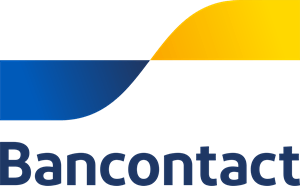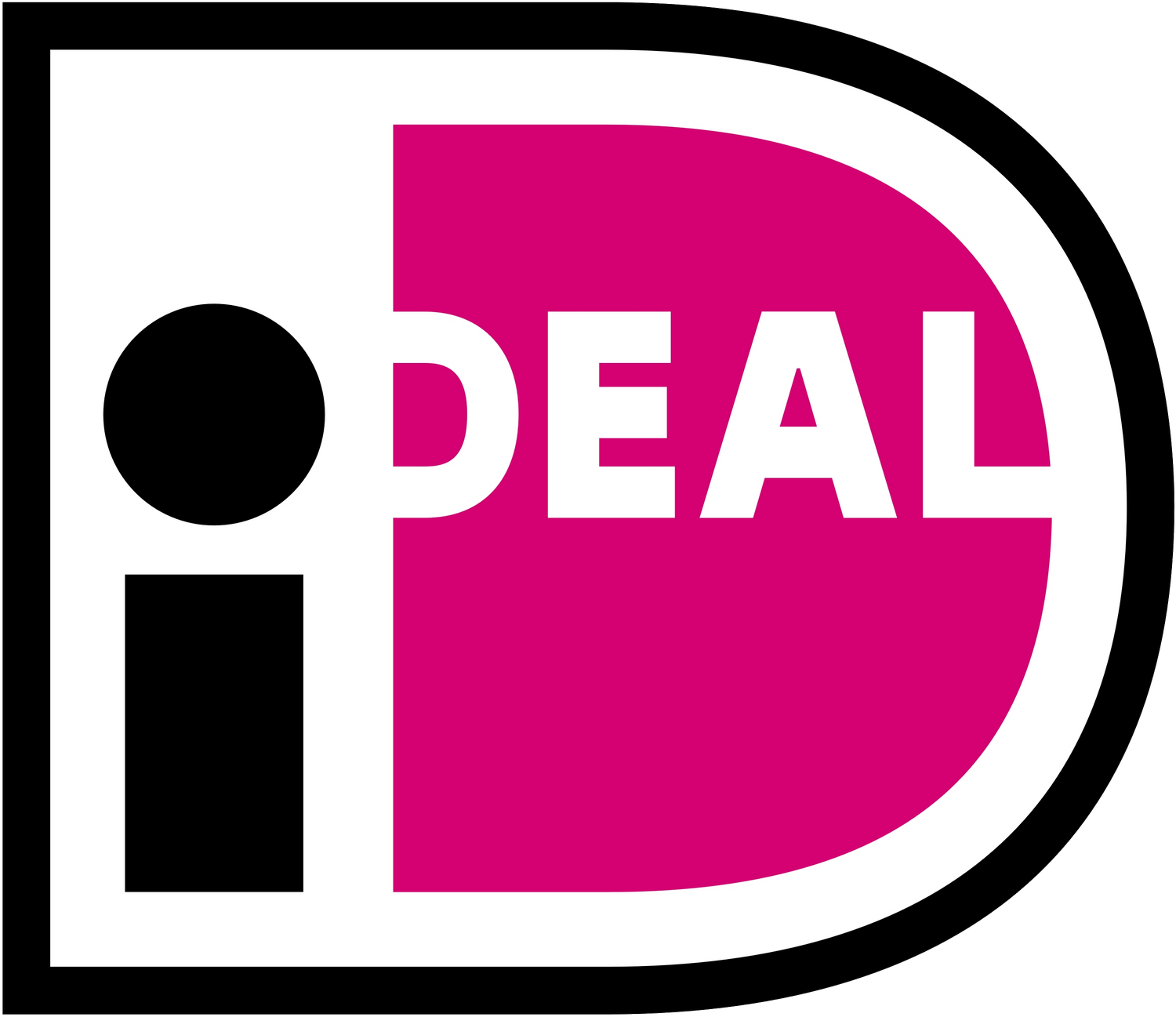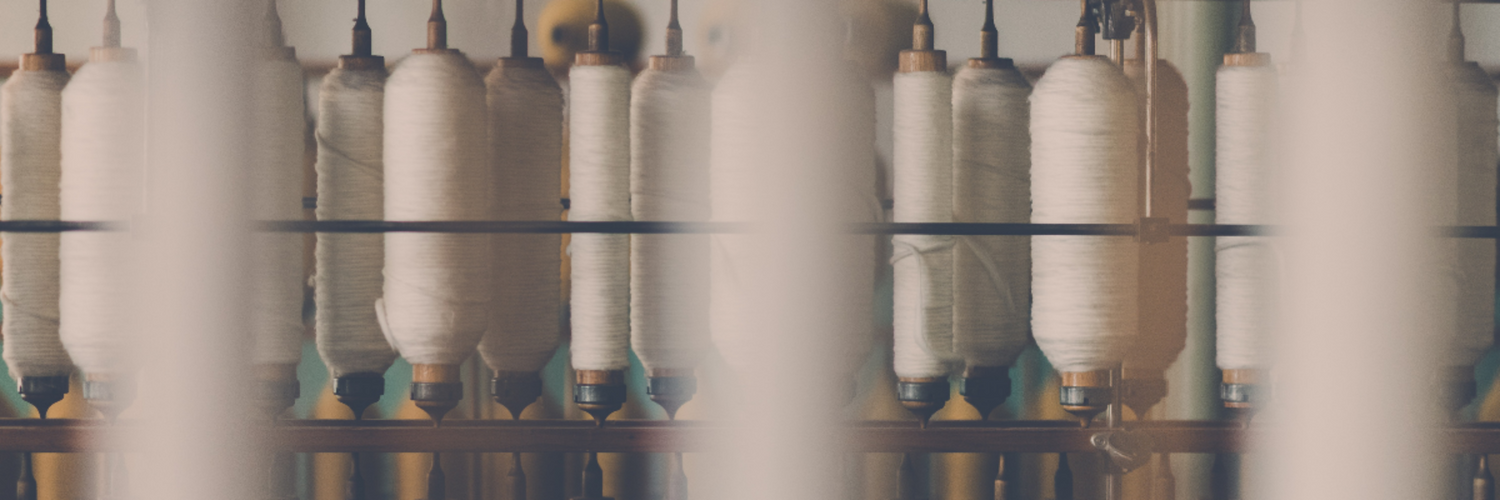
Certificates & Labels
Brands' materials and products at IVALO.COM have been granted various certificates to demonstrate that they meet certain standards of responsibility. The standards are related to, for example, product safety, organic and recycled materials, socially and environmentally responsible production processes, responsible animal treatment, fair working conditions and trade, and responsible forest management. Get familiar with the most common certificates and labels at IVALO.COM below!
In addition to the various certificates, all brands at IVALO.COM meet the minimum criteria of our IVALO.COM 360 sustainability validation related to fair working conditions, product longevity, sustainable materials, supply chain transparency, energy efficiency, and responsible online shopping.
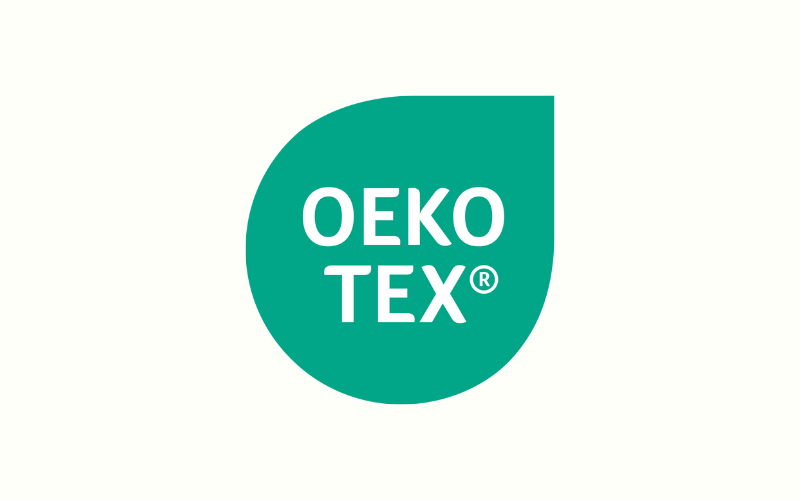
Standard 100 By OEKO-TEX
Standard 100 by OEKO-TEX is one of the most known labels for textiles tested for harmful substances worldwide, ensuring high product safety. Every component of a labeled product has been tested for harmful substances, including zippers, buttons, thread, and lining. The test is conducted by OEKO-TEX’s independent partners based on their extensive criteria that are updated yearly. The validity of the certification can be checked with the number on the label.
The products with Standard 100 by OEKO-TEX label are fully tested for harmful substances and harmless for human health.
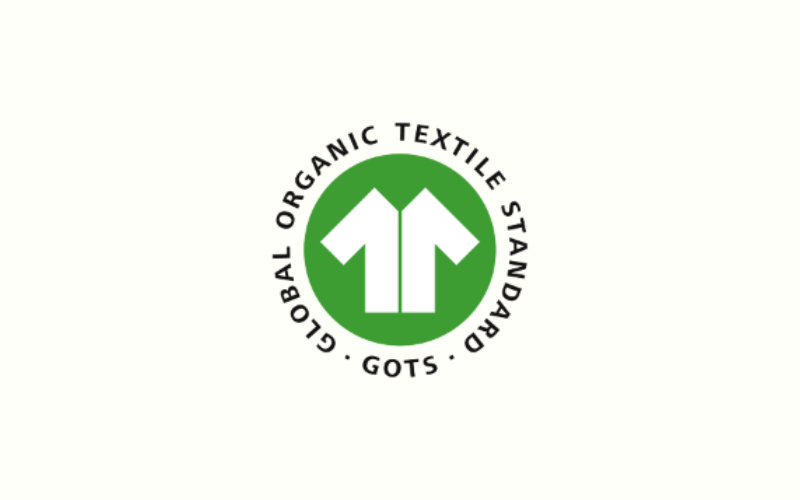
The Global Organic Textile Standard (GOTS)
The Global Organic Textile Standard is the leading standard for organic content worldwide. In organic fiber production, no synthetic pesticides, fertilizers, or GMO seeds are used. Organic agriculture sustains the health of ecosystems, soil, and people. The standard includes strict ecological and social criteria and is backed up by independent certification throughout the supply chain. The aim of the standard is to define worldwide requirements for certified organic textiles from raw material harvesting to environmentally and socially sustainable manufacturing and labeling.
The products with the GOTS label must include a minimum of 70% of certified organic material. If the percentage of the certified organic material is between 70 and 94 the label grade is ‘made with organic materials’. If the percentage is 95 or above, the label grade is ‘organic’.
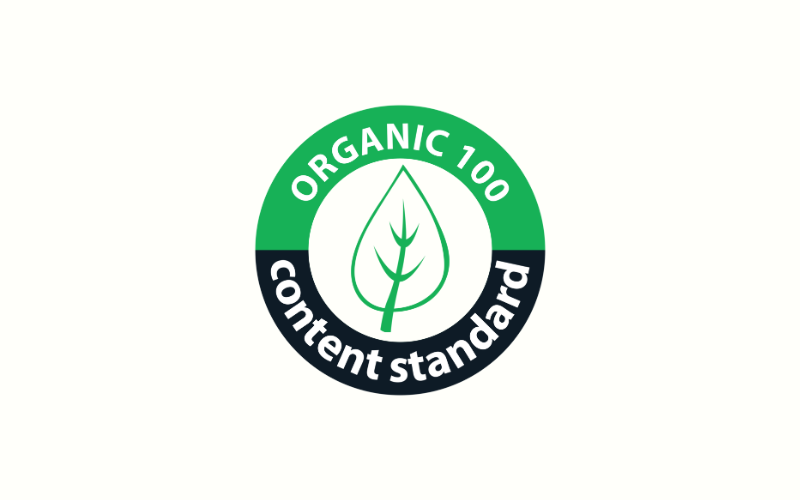
Organic Content Standard (OCS)
The items with Organic Content Standard label are from certified organic farms. The identity of the organic content is maintained from the farm to the final product. Each stage in the supply chain is audited by a third-party certification body. The content of the OCS product is organically grown, but the standard does not include production process requirements. The main goal of the standard is to increase organic agriculture production.
The products with OCS 100 label must include a minimum of 95% of certified organic material and blending with the conventional alternative is not allowed. The products with OCS Blended label must include a minimum of 5% of certified organic material.
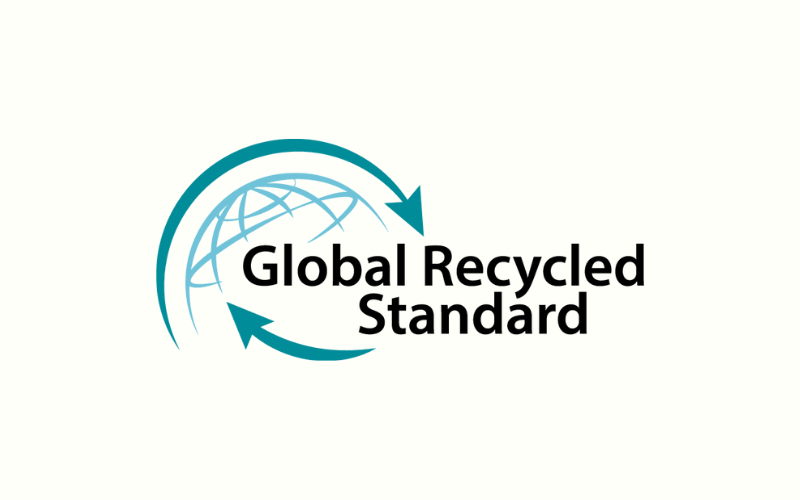
Global Recycled Standard (GRS)
The items with Global Recycled Standard label meet the ISO definition of recycled, containing either pre-or post-consumer material. The identity of the recycled material is maintained from the recycler to the final product. Each stage in the supply chain is audited by a third-party certification body. The standard includes strict social and environmental processing criteria and chemical restrictions. The aim of the standard is to increase the use of recycled materials and reduce the harmful social and environmental impacts of production.
The products with the GRS label must include a minimum of 50% of certified recycled material.
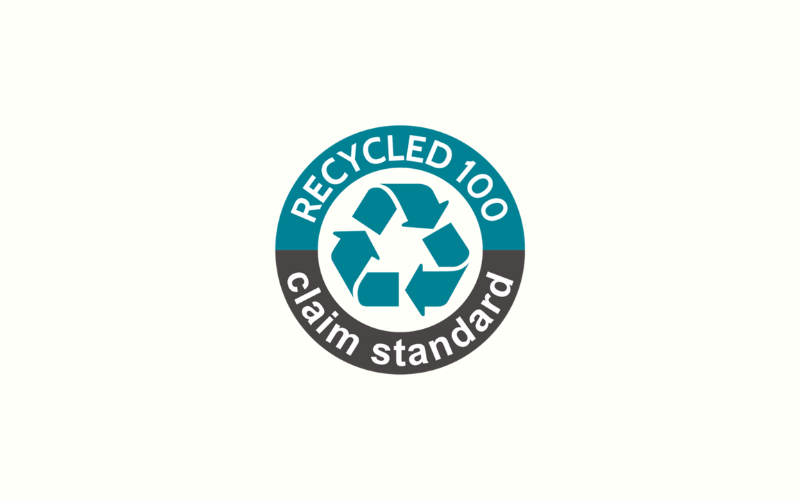
Recycled Claim Standard (RCS)
The items with Recycled Claim Standard label meet the ISO definition of recycled, containing either pre-or post-consumer material. The identity of the recycled material is maintained from the recycler to the final product. Each stage in the supply chain is audited by a third-party certification body. The aim of the standard is to increase the use of recycled materials.
The products with RCS 100 label must include a minimum of 95% of certified recycled material and blending with the conventional alternative is not allowed. The products with RCS Blended label must include a minimum of 5% of certified recycled material.
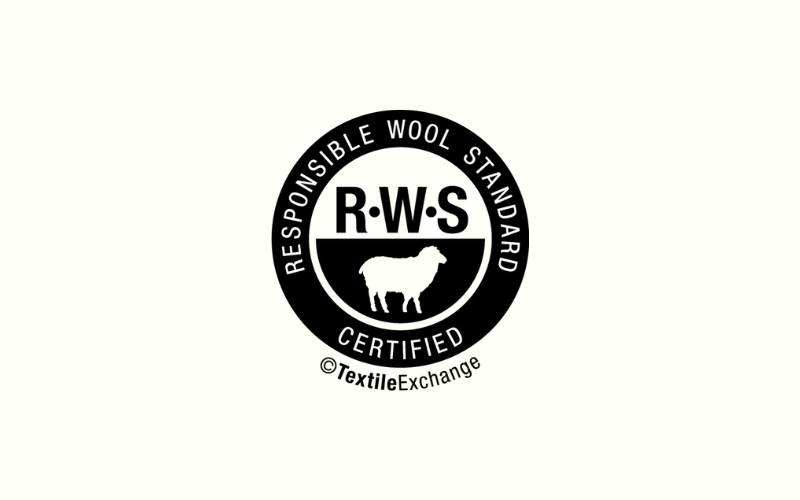
Responsible Wool Standard (RWS)
The items with Responsible Wool Standard label include wool that comes from farms that treat sheep responsibly and have a progressive approach to managing their land. The identity of the wool is maintained from the farmer to the final product and certified wool is not mixed with non-certified wool. Each stage in the supply chain is audited by a third-party certification body. The aim of the standard is to drive improvement in animal welfare and land management practices.
The products with the RWS label must include a minimum of 5% of certified material, and blending with the conventional alternative is not allowed.
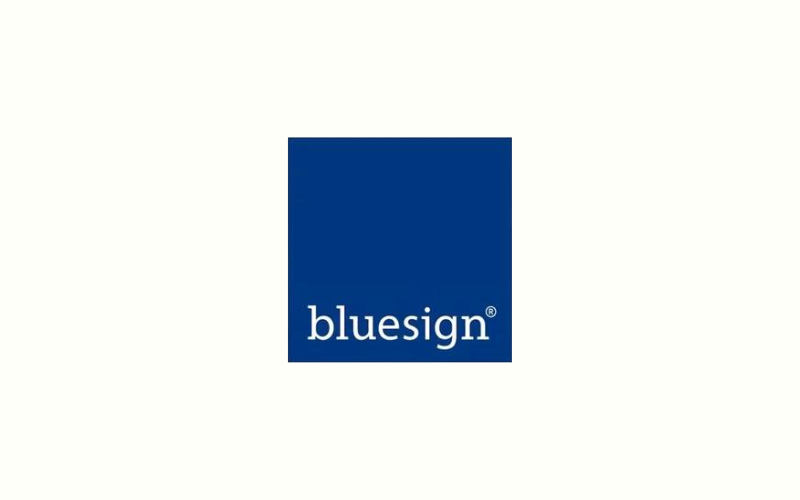
bluesign®
Bluesign® label ensures that only companies acting responsibly have been involved in the manufacturing of the product. The companies have used the best technologies available, have used resources responsibly, and have taken care to minimize the impact on people and the environment, meeting the strict bluesign® criteria. Transparency and traceability are ensured throughout the production process. bluesign® as an independent authority checks companies’ progress, provides further development of solutions, and optimizes its criteria continuously.
The products with the bluesign® product label include at least 90% of bluesign® approved textiles and 30% of bluesign® approved accessories. The goal is to reach 100% bluesign® confirmed components.
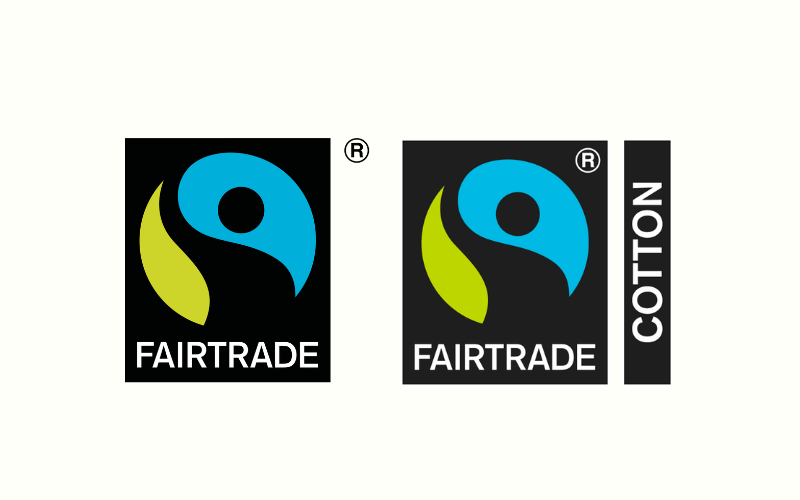
FAIRTRADE
The FAIRTRADE Mark means that a product has been produced and traded fairly, and it is traceable throughout the supply chain and kept separate from non-certified products. The Marks are registered certification marks and licensed by Fairtrade International. Fairtrade sets both social, economic, and environmental standards. Producers, traders, and companies are audited by independent certifiers.
The FAIRTRADE Cotton Mark is for cotton that is produced and traded fairly. The cotton must be 100 percent Fairtrade to get the label but it can be blended with other materials than cotton. There is also a Fairtrade Textile Standard for textiles and clothing that are produced fairly taking into account the whole supply chain.
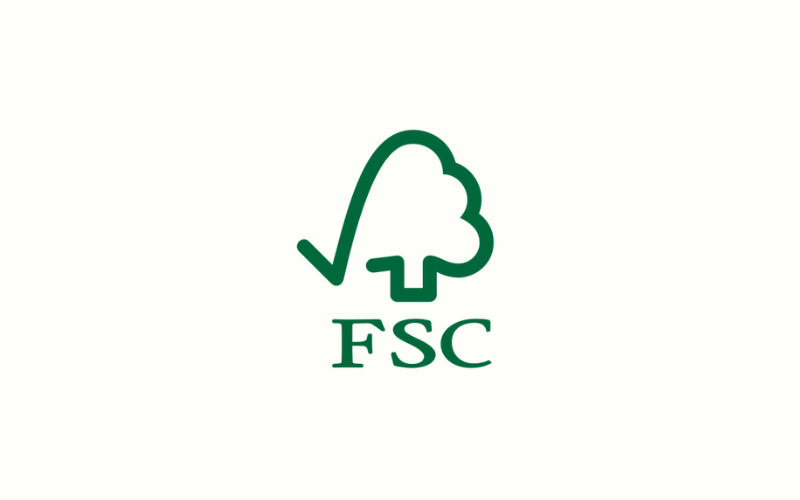
Forest Stewardship Council (FSC)
FSC is a standard for forest-based textiles such as lyocell, modal, viscose, and rayon. FSC sets standards for forest management (FM) and chain of custody (CoC), ensuring responsible forest management and supply chain integrity from forest to end-user.
The certification and annual auditing are done by independent third-party certification bodies. The environmental, social, and economic benefits of FSC certification include zero deforestation, environmental protection, respecting indigenous peoples’ rights, and a fair wage and work environment for workers.



